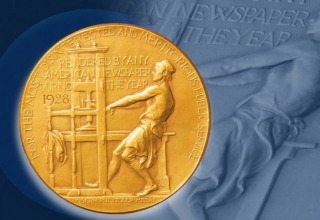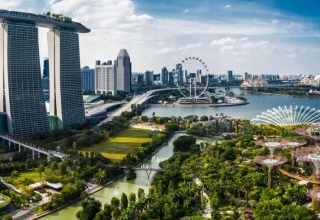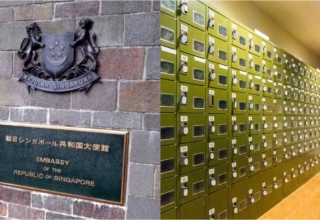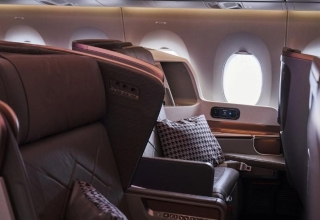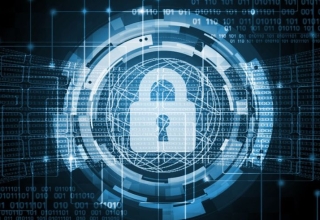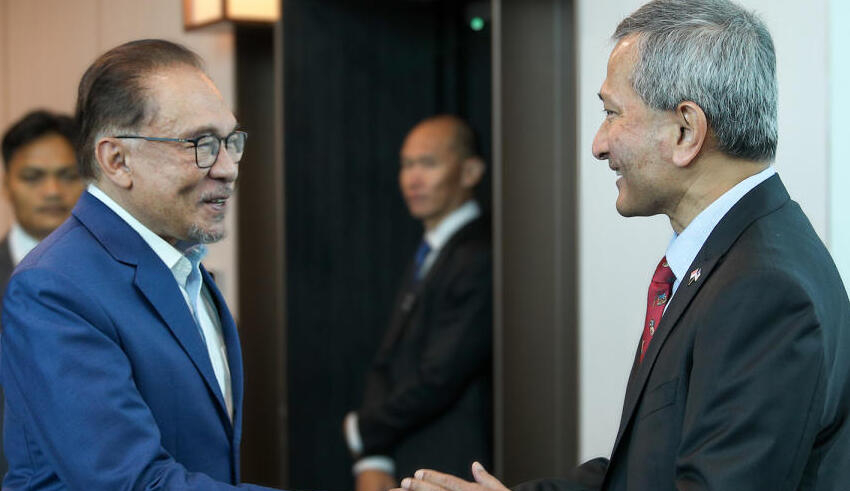
Monday, January 30th, saw the signing of three agreements between Singapore and Malaysia, covering sectors such as digital economy and green economy cooperation.
In addition, the two nations signed a memorandum of understanding (MOU) allowing them to collaborate on problems like as personal data protection and cybersecurity. The agreement was between the Ministry of Communications and Information (MCI) and the Communications and Digital Ministry of Malaysia.
The cooperation framework in the digital economy includes trade facilitation, cross-border data transfers, and electronic payments.
The framework for cooperation in the green economy will examine the creation of new and renewable energy-related technological standards, as well as collaboration on electric car and autonomous vehicle standards.
They were signed by the Ministry of Trade and Industry (MTI) of Singapore and the Ministry of International Trade and Industry of Malaysia.
The two cooperation frameworks and the memorandum of intent were signed during Malaysian Prime Minister Anwar Ibrahim’s first official one-day visit to Singapore in his present role.
Mr. Anwar and Singapore’s Prime Minister Lee Hsien Loong attended the signing of the agreements at the Istana.
In August of last year, Singapore’s Trade and Industry Minister Gan Kim Yong met in Singapore with his then-counterpart Azmin Ali to finish negotiations on the green economy and digital economy framework accords.
The green economy framework agreement is the first green economy deal Malaysia has signed with any nation, according to a fact sheet released by MTI on Monday.
Businesses from both nations will be able to share information and network in order to learn about sustainable business practices and explore the possibility of collaborating.
Keep Reading
The two nations will collaborate on the development of standards and charging stations for electric cars.
In addition, they will share information on low-carbon solutions, including technical and regulatory concerns, and investigate cooperative studies and demonstration projects, notably in hydrogen and carbon capture, utilization, and storage (CCUS).
Singapore has pledged to achieve net-zero emissions by 2050 and is examining various CCUS paths to cut its carbon emissions.
The former administration of Malaysia vowed to restructure the country’s energy, transportation, and land use sectors in order to achieve carbon neutrality by 2050 at the earliest.
CCUS can minimize emissions by collecting and converting carbon dioxide in power plants and industrial emissions of power plants into construction materials and sand for reclamation.
Additionally, the two nations will share information about the development of new and renewable energy-related technological standards.
According to MTI, this might promote regional decarbonisation, including the prospect of establishing shared regulations and standards for new and renewable energy technology.






